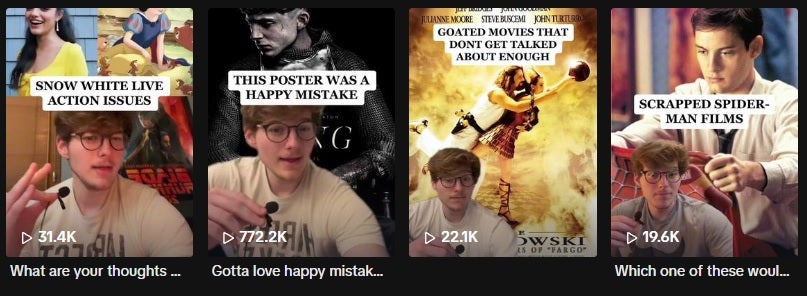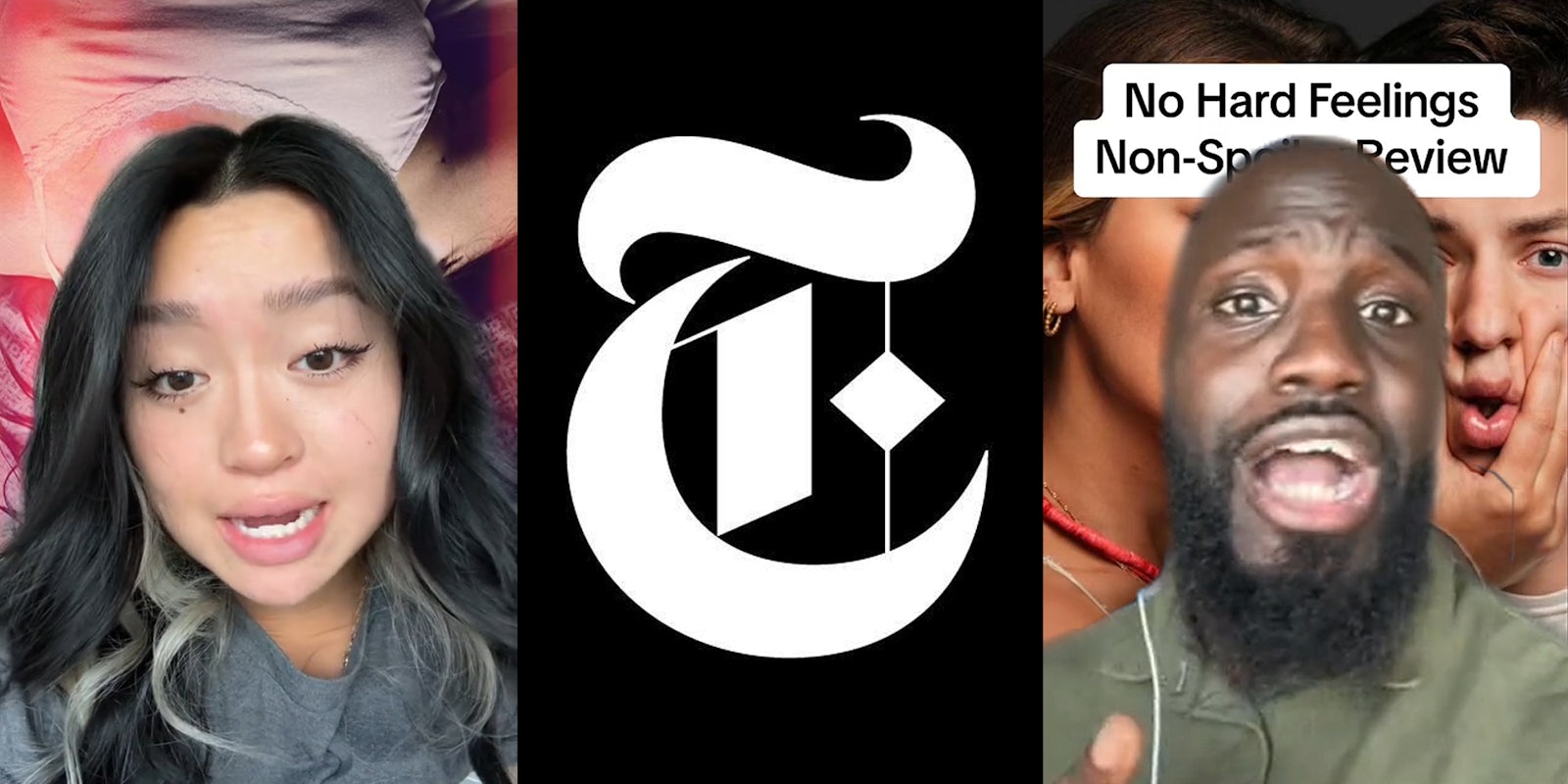Introducing “the new school of film critic,” a recent New York Times article interviews a group of popular movie TikTokers. However, the article is under fire for the way it compares these MovieTok “rebels” to intellectuals like François Truffaut, Jean-Luc Godard, and the iconic critic Pauline Kael.
Titled “They Review Movies on TikTok, but Don’t Call Them Critics,” this piece was predictably controversial among film critics. Especially since these TikTokers sometimes post sponsored content for studios like Disney and Warner Bros.
Highlighting the cultural divide between MovieTok and the text-based world of Film Twitter, the article attracted overwhelmingly negative responses on X. Critics described it as depressing, or simply a poor take on what these TikTokers are actually doing.
The TikTokers interviewed by the Times are keen to distance themselves from traditional film criticism. Some post review-adjacent content, while others specialize in listicle-style TikToks like “Highest Grossing A24 movies,” or discourse about fandom controversies like the Rachel Zegler/Snow White backlash.
Echoing the “fans vs critics” narrative popularized on fandom YouTube, they deride mainstream critics as snobbish or overly negative. Critics “watch movies and are just looking for something to critique,” TikToker @stoney_tha_great told the NYT. “Fans watch movies looking for entertainment.”
Often associated with the toxic fandoms around poorly-reviewed blockbusters like Justice League, this mindset pits critical analysis against PR-friendly enthusiasm. MovieTok influencers take it a step further – not just emphasizing positive vibes, but literally getting paid to advertise certain films.

For people who either write or enjoy reading serious film criticism, this article was very effective ragebait. It plays into people’s fears about anti-intellectual trends, suggesting that film fans on TikTok prefer paid PR and shallow hype over meaningful analysis.
So while the Times notes that these TikTokers reject the “critic” label, some readers still thought the article was too sympathetic, spending more time comparing MovieTok to traditional film critics than other forms of influencer content.



